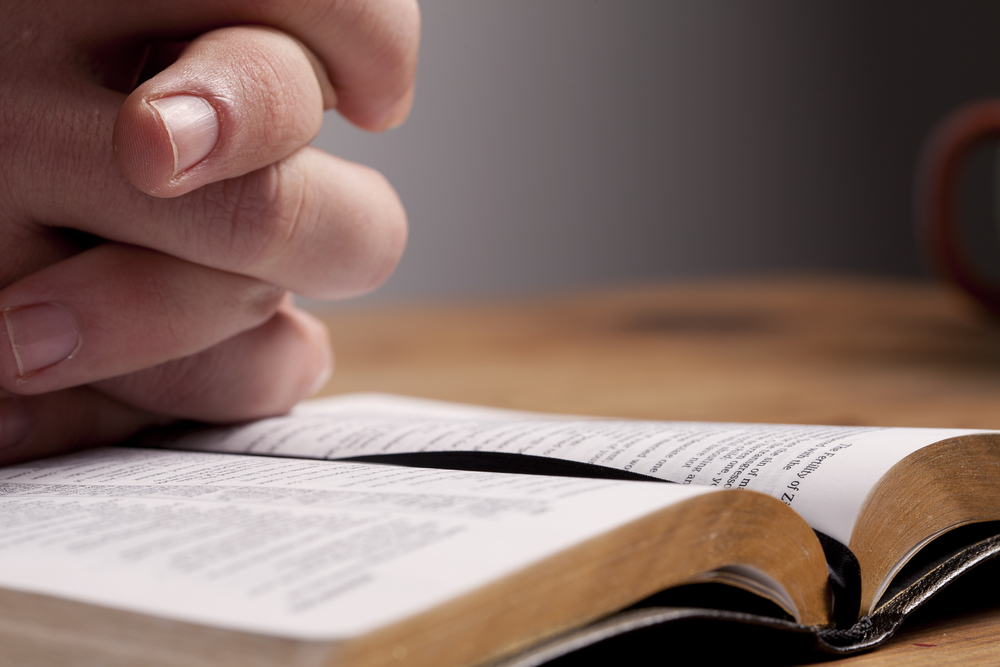“Secular invocations . . . from any organization whose precepts, tenets or principles espouse or promote reason, science, environmental factors, nature or ethics as guiding forces…must be placed on the Public Comment section of the secular business agenda.
Pre-meeting invocations shall continue to be delivered by persons from the faith-based community . . .”
If this recent local government policy makes you bristle, then you already have a good understanding of the Establishment Clause, a very important part of how the First Amendment protects our right to follow our own consciences on religious matters.
The policy is at issue in the case of Williamson v. Brevard County. In May 2014, one person from the Central Florida Freethought Community (CFFC) sent a letter to Brevard County explaining their positive and ethical philosophies and “respectfully request[ing] the opportunity to offer invocations” at their meetings.
A brief timeline of the events that followed:
July 2014: A follow-up letter 1) noted the county had not responded; 2) offered an example of non-discriminatory legislation, and 3) demanded that “Brevard County permit a member of CFFC to deliver an invocation.”
August 2014: After researching the freethought group, the county believed the CFFC does not share the beliefs and values of Brevard County residents and was therefore ineligible to deliver an invocation. However, they could speak during County Commission meetings public comments section (usually held at the end of meetings).
August 2014-August 2015: Additional requests began flowing in. A barrage of humanists, atheists, and other groups pressed the issue, interested in preserving their First Amendment rights and frustrated at the way the County Commission was handling the invocation requests.
Ultimately, the Anti-Defamation League sent a letter to the commission expressing concern with its policies.
New Amendment on Monotheistic Ceremony Sparks Litigation
Eventually, the commission proposed an amendment, which described its intention to provide time for those of all religious backgrounds to share their beliefs . . . but not during the opening ceremonies, which are steeped in 40 years of tradition.
Publication of the policy sparked the slighted community members to finally file suit.
The U.S. Appeals Court Says County’s Testimony Confirms Violations
While both state and federal courts often support public prayer as an American tradition, disputes can arise when the government is involved in decisions surrounding prayer at a public event or government meeting — such involvement tends to suggest the government favors or establishes a particular faith.
In this case, current and former commissioners testified openly that they would not personally, “allow deists, Wiccans, Rastafarians, or, for that matter, polytheists to deliver prayers.” Some even mentioned they would, “have to think long and hard” prior to inviting followers from even some other religions (Hindi and Native American were named).
Establishment Clause precedent states that while legislative prayer does not violate the First Amendment, the selection of who delivers the prayer is to be neutral and non-discriminatory. In this policy, anything but majority, mainstream religions were relegated to the end of each meeting.
The court declared, “Nothing could be clearer from this record than that more than a few of the commissioners rejected speakers based squarely on the nature of the religious beliefs they held.” This appears to be a solid finding by the court in light of the facts.
A Little Legal Guidance May Have Saved This County Tradition
While the county’s position is clearly in opposition to the Establishment Clause, a little legal help might have saved their tradition and avoided litigation.
What Brevard County could have done instead was seek the guidance of a First Amendment attorney on how to write a neutral policy or find another local government’s solution so everyone’s right to religious freedom was protected while still including their long-standing and lawful tradition of starting commission meetings with invocations.
If you have legal concerns related to the digital world, avoiding or defending defamation claims, invasion of privacy, or free speech, I can be reached at 904-807-2179 or [email protected].
